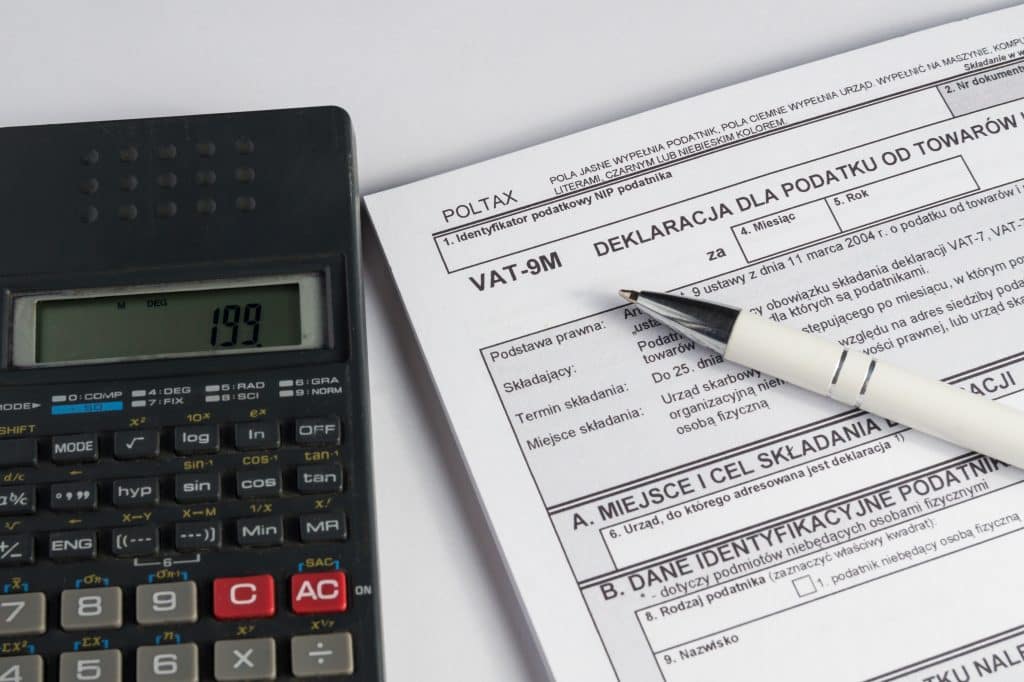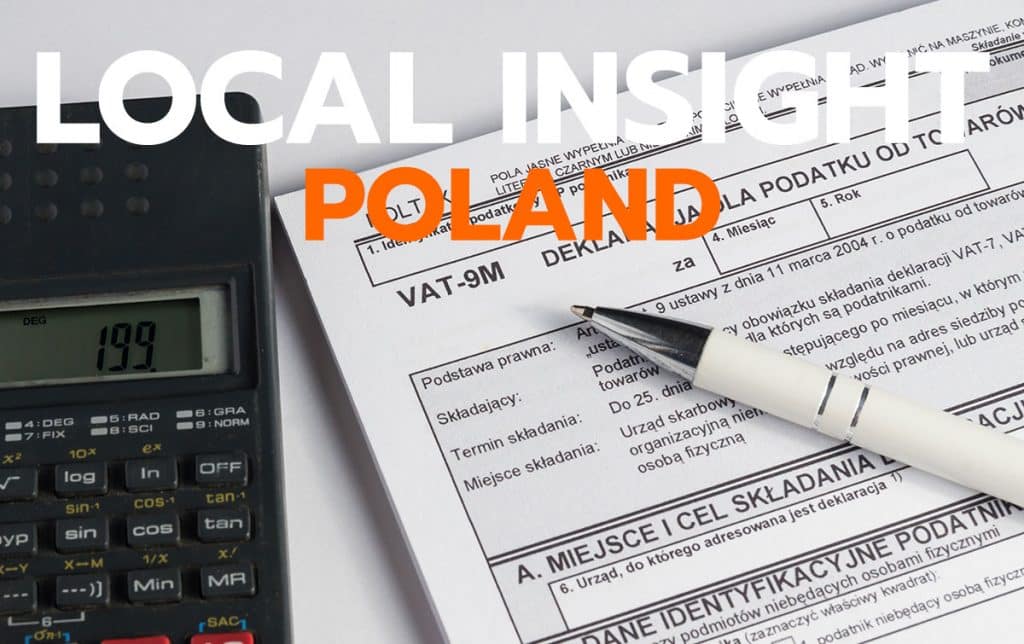What to know about Poland in 2023
Poland is one of Europe’s most attractive locations for overseas companies to set up a business (economic stability, a well-educated and diverse workforce, favorable location at the heart of Europe)
Economic Outlook
-
- High inflation – after peaking at the beginning of 2023 at almost 19%, inflation is projected to decelerate to 4.3% towards the end of 2024
- Monetary policy tightening
- Negative confidence effects related to the war in Ukraine
- Slowing demand in key trading partners
Supply-side disruptions, high input costs, and uncertainty related to the war in Ukraine can affect private investments.
The National Recovery and Resilience Plan is expected to support public investment.
Higher energy and food prices can weigh on household demand and can affect heavily poorer segments, who devote 50% of their monthly spending to food and energy.
The general government deficit is expected to increase to 5.5% of GDP in 2023 (5.2% of GDP in 2024)

Minimum wage growth is expected to be outstripped by inflationary pressures, leading to a decline in the real minimum wage in 2022, which will be moderated by the phased adjustment of the minimum wage in 2023 up to 3 490,00PLN from January 1st and up to 3600,00PLN (probable) from July 1st, 2023.
Poland avoids recession but may see bumpy road ahead.
Taxes in Poland
Regulatory changes introduced over the past 12 months are designed to simplify and modernize the Polish tax and corporate compliance regimes.
Poland has implemented significant reforms in its tax system and corporate compliance regime over the last few years:
Mandatory disclosure rules are stricter in Poland than across the EU, and cover internal transactions over a certain value as well as those that cross-borders
Environmental obligations in Poland follow EU regulations but are generally stricter and require specific registration and mandatory reporting to Polish authorities
Most official company applications and returns can now be submitted electronically, but they must be signed using a qualified certificate that meets the EU’s Electronic Identification, Authentication, and Trust Services (eIDAS) regulations
In 2016 Poland introduced its Standard Audit File for Tax (SAF-T) system known as JPK. This incorporated seven regulated JPK structures, of which two, JPK_VAT and JPK_FA, were relevant for VAT. The requirement for monthly submissions of JPK_VAT, was extended to all taxpayers on 1 January 2018. JPK_VAT was combined with the VAT return during 2020 and the consolidated JPK_V7M/K is submitted per the frequency of the VAT Return (monthly or quarterly). The remaining six JPK structures are submitted upon request of the tax authority in event of an audit.
Improvement in the area of digitalization for both companies and individuals – especially– some are taking time to work through the system and have increased the complexity of doing business in Poland.
All above makes it even more important for overseas companies and seek expert guidance when incorporating or doing business in Poland.
Even though changes work through the system and things are improving on an almost daily basis, but the Polish tax and regulatory environment remains still highly complex.
Tax changes 2023 in Poland:
Corporate Income Tax:
- Minimum income tax – came into force in 2022, but have been suspended until December 31 2023, giving taxpayers another year to prepare for their application; profitability ratio increased from 1% to 2%; the formula used to calculate the tax base has been adjusted.
- From 1 January 2023, social contributions resulting from the employment relationship in the part financed by the contribution payer, contributions to the Solidarity Fund, the Labor Fund and the Guaranteed Employee Benefits Fund will be classified as tax costs in the month for which they are required, but only if in which they will be paid within the time limit resulting from separate regulations.
- Changes to the method of charging debt financing costs into tax-deductible costs – exclusion relates to an amount exceeding one of the two: PLN 3 million or 30% of EBITDA, yet not the sum thereof
- Amendments to and clarification of provisions on profit shifting (costs incurred directly or indirectly to the related entity outside of Poland) – introduction of provisions on taxable base, changes to the method of establishing preferential taxation
Value Added Tax:
- From January 1, 2023, basic VAT rates will apply again, ranging from 8 to 23% for individual products (termination of the so-called anti-inflation shields, which will expire on December 31, 2022).
- The VAT rates will again cover, among others: fertilizers, plant protection products and energy carriers such as natural gas, electricity and system heat.
- The exception will be the extension of the anti-inflation shield for food, which will most likely be maintained by the government. In 2023, or at least for part of it (until mid-year), the VAT rate for food products will still be 0%.
- From January 1, 2023, new category of VAT payers will be introduced to the VAT Act – VAT Group – it means a group of entities related financially, economically and organizationally, registered as a VAT payer.
- Electronic invoicing, along with real-time tax submission, will become compulsory in Poland from 1 January 2024.
Transfer Pricing:
The key amendment repeals the requirement to follow the arm’s length principle and the documentation obligation for indirect “tax haven” transactions:
- PLN 500 thousand (base threshold)
- PLN 2.5 million (for financial transactions)
Withholding Tax:
The main purpose behind amending withholding tax (WHT) provisions is to relax the rules for tax collection – commonly referred to as the pay & refund mechanism – or make it more feasible

Other changes in tax law that are worth paying attention to:
- Simplification of the relief for “bad debts” – no attachment for declaration submission required – change from January 1, 2023;
- Simplification of the procedure for refunding tax on income from buildings;
- CIT exemption of income of social enterprises;
- Changes in SLIM VAT 3 – probably change from July 1, 2023;
- The obligation to record turnover by car washes, including self-service ones.
More content about Poland: click here








